
High Blood Sugar Warning Signs
16 Warning Signs of High Blood Sugar You Should Never Ignore
High blood sugar, often linked to diabetes, doesn’t develop overnight. In many cases, the body sends subtle signals long before an official diagnosis. Unfortunately, these early signs are easy to dismiss — especially in a world where processed foods, sugary drinks, and stressful lifestyles have become the norm.
Recognizing these warning signs early can make all the difference in preventing long-term health complications. Awareness, combined with a balanced diet and medical guidance, can help you regain control before things worsen.
Disclaimer: This article is for informational purposes only and should not replace professional medical advice. Always consult a qualified healthcare provider for diagnosis or treatment.
1. Excessive Urination
Frequent urination, especially at night, is one of the first signs of elevated blood sugar. When glucose levels are too high, the kidneys work overtime to filter and remove the excess sugar through urine. This increased activity can also lead to dehydration and, in some cases, urinary tract infections.
2. Blurred Vision
Temporary changes in vision can occur when high blood sugar causes the lens of your eye to swell with fluid. This affects the eye’s ability to focus properly, making things appear blurry — even if you’ve never had vision problems before. Once blood sugar levels stabilize, your vision often returns to normal.
3. Difficulty Concentrating
When insulin isn’t functioning properly, glucose remains in the bloodstream rather than entering the cells to provide energy. This energy shortage can make it hard to concentrate, think clearly, or stay alert. Many people describe it as feeling “foggy” or mentally drained throughout the day.
4. Dry Mouth
A persistently dry mouth is another red flag. High glucose levels reduce saliva production and increase sugar concentration in the saliva that remains, leading to an uncomfortably dry, sticky feeling. Over time, this can also increase the risk of gum disease and bad breath.
5. Impotence
For men, prolonged high blood sugar can damage nerves and blood vessels, restricting proper blood flow to vital areas. This may result in erectile dysfunction — a condition that often appears years before a diabetes diagnosis and serves as an early warning sign of vascular damage.
6. Recurrent Infections
If you find yourself battling frequent infections — such as yeast infections, skin abscesses, or urinary tract infections — it may be due to elevated blood sugar. High glucose levels create an environment where bacteria and fungi thrive, weakening your body’s natural defenses over time.
7. Slow-Healing Wounds
Cuts and bruises that take unusually long to heal may indicate poor circulation caused by nerve and blood vessel damage from high glucose levels. This reduced blood flow means fewer nutrients and less oxygen reach the wound, delaying recovery and increasing infection risk.
8. Stomach Problems
When blood sugar remains elevated, it can disrupt normal digestion. A condition called gastroparesis may develop, slowing stomach emptying and leading to bloating, abdominal discomfort, nausea, or vomiting. This occurs when high glucose levels affect the nerves controlling your digestive system.
9. Constant Fatigue
Feeling drained even after a full night’s sleep can be linked to blood sugar imbalance. Without enough insulin activity, the body struggles to convert glucose into usable energy, leaving you tired and weak. Chronic fatigue can also result from dehydration or an underactive thyroid, which often coexists with metabolic issues.
10. Excessive Thirst
Persistent thirst — even after drinking plenty of water — is another hallmark sign of high blood sugar. Because your kidneys are trying to flush out excess glucose through urine, your body loses more fluids than usual, triggering thirst as a natural response to dehydration.
11. Dry and Itchy Skin
Dehydration from frequent urination can lead to dry, itchy, and flaky skin. Poor circulation exacerbates the problem, especially in the lower legs and feet. If moisturizers don’t help, it may be worth checking your blood sugar levels.
12. Constant Hunger
Despite eating regular meals, you may feel hungry again shortly after. This happens because your body’s cells aren’t receiving the glucose they need for energy. The brain interprets this as hunger, urging you to eat more — which only worsens the blood sugar imbalance.
13. Excess Abdominal Fat
High blood sugar levels can lead to insulin resistance, which encourages fat storage around the abdomen. This visceral fat isn’t just a cosmetic concern — it’s linked to inflammation, hormonal imbalance, and an increased risk of heart disease and type 2 diabetes.
14. Nerve Problems
Over time, elevated blood sugar can damage nerves and the blood vessels that nourish them. This may result in neuropathy, a condition marked by pain, burning, or tingling sensations in the hands, feet, or other areas. Early detection and glucose control are essential to prevent long-term damage.
15. Skin Changes
Dark, velvety patches of skin — often appearing on the neck, armpits, or hands — may indicate acanthosis nigricans, a condition associated with insulin resistance. These skin changes can be an early clue that your blood sugar is too high and that your metabolism is under strain.
16. Tingling Sensations
Tingling, numbness, or “pins and needles” in your hands or feet may signal early nerve damage. This often starts subtly but can progress to permanent loss of sensation if blood sugar remains uncontrolled. It’s one of the most common long-term complications of diabetes.
The Takeaway
High blood sugar is more than just a number — it’s a warning that your body is struggling to maintain balance. Ignoring the signs can lead to severe complications such as heart disease, kidney failure, or nerve damage.
The good news? Early intervention works. Regular exercise, balanced meals, adequate hydration, and routine checkups can dramatically lower your risk and even reverse early damage.
If you notice several of these symptoms, it’s important to schedule a medical evaluation. A simple blood test can reveal your glucose levels and help you take control of your health before it’s too late.
News in the same category


The Silent Threat: Recognizing Early Signs of Kidney Disease and Lifestyle Prevention

Baking Soda (Bicarbonate of Soda): Uses and Benefits (Science Based)

Benefits of Walking: Why Walking is One of the Best Forms of Exercise 🚶♀️
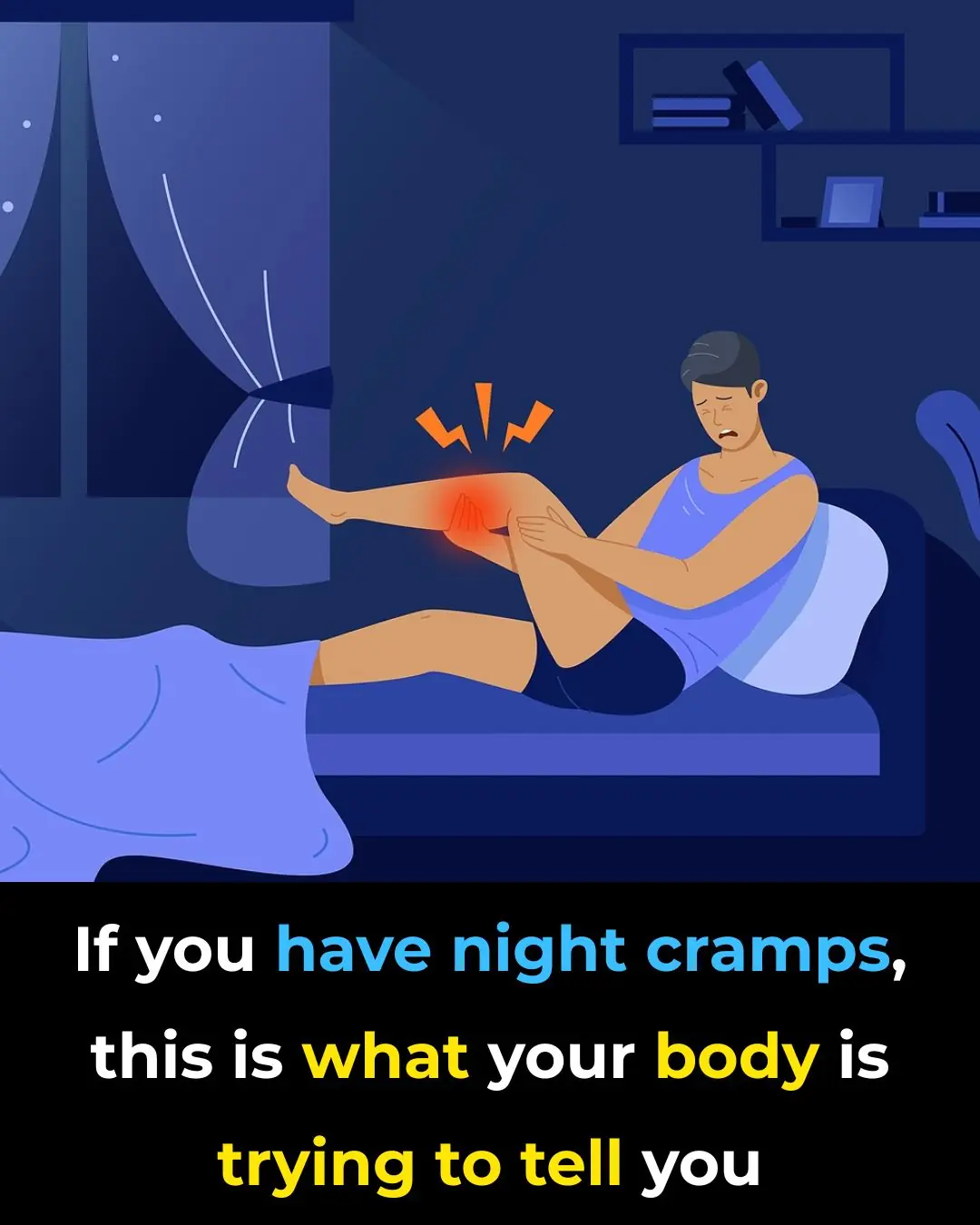
If you have leg cramps at night, it means you have..

Sarcopenia: Why do we lose muscle and how to fix it?

Top 11 Nutrients To Destroy Cancer Stem Cells
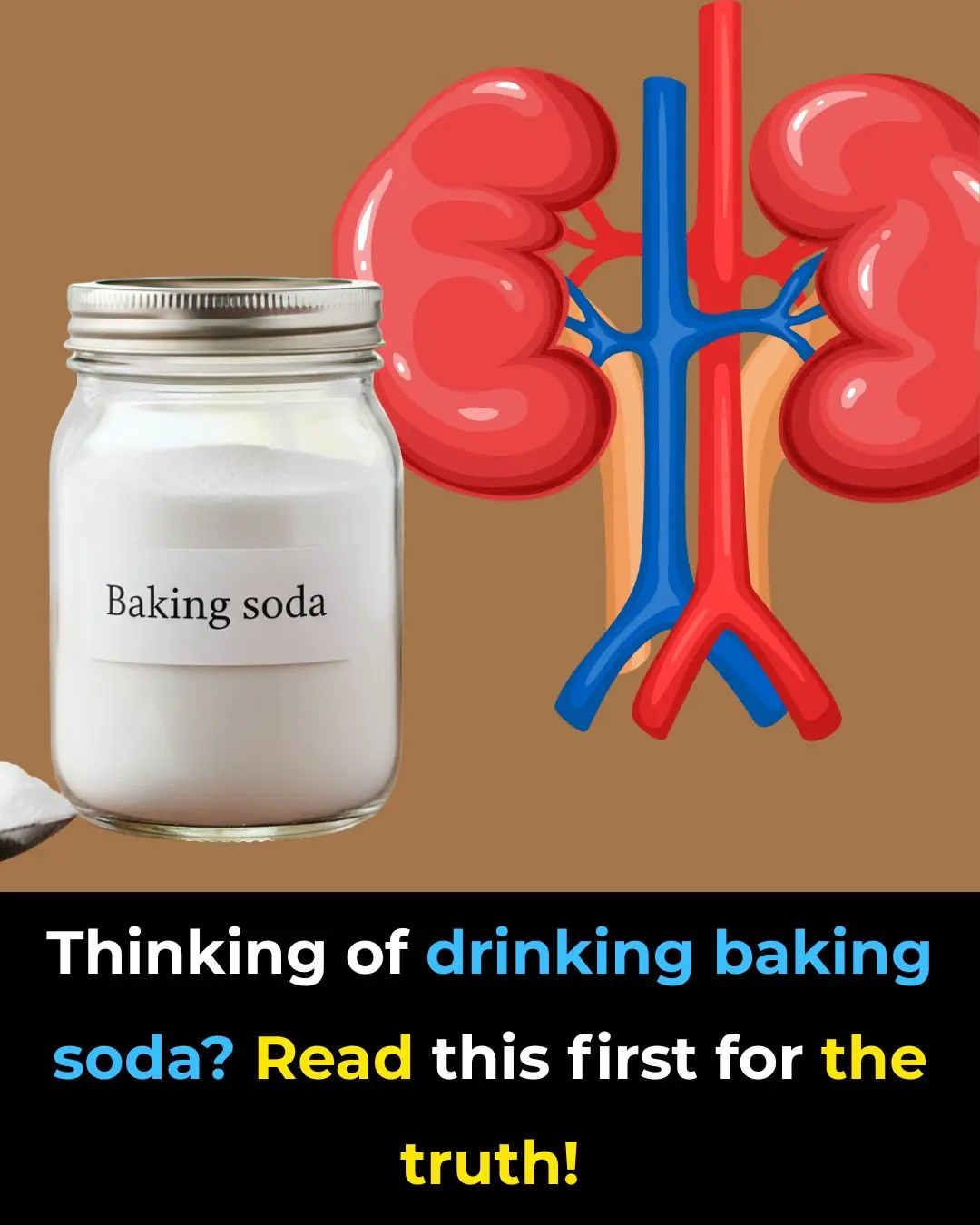
Thinking of drinking baking soda? Read this first for the truth!

Forget aspirin—this everyday fruit can help protect you from stroke and heart attack

14 Warning Signs Your Body Is Running Low on Magnesium and How to Get It

7 Early Signs of Uterine Fibroids Too Many Women Ignore
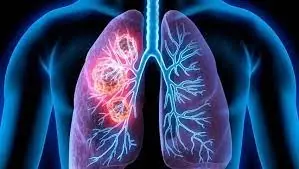
7 Early Signs and Symptoms of Lung Cancer You Should Never Ignore

Eat 2 Eggs Every Morning and Feel These Powerful Health Effects Take Over Your Body

Avocado Power: The Scientifically Proven Health Benefits of the Fruit (and the Seed!)

One Vitamin That Could Transform Your Circulation: Niacin (Vitamin B3)

Body Suddenly Jerks While You’re Falling Asleep? This Is What It Means

pH Balance and Your Health: Signs of Acidosis and How to Alkalize

Pineapple And Turmeric Drink Reverses Cancer-Causing Inflammation And Even Beats The Common Cold!
News Post

Jennifer Hudson Champions Musical Inclusivity Amid Super Bowl Language Debate

Jennifer Hudson Cheers on Bad Bunny’s Super Bowl Swagger — and Starts Learning Spanish Herself

Charli XCX shares cryptic video after Taylor Swift’s ‘Actually Romantic’ diss

NY authorities clamp down on liquor store openings citywide as booze demand plummets

Desperate rescue effort underway to save hundreds of hikers stuck on Mount Everest after snowstorm
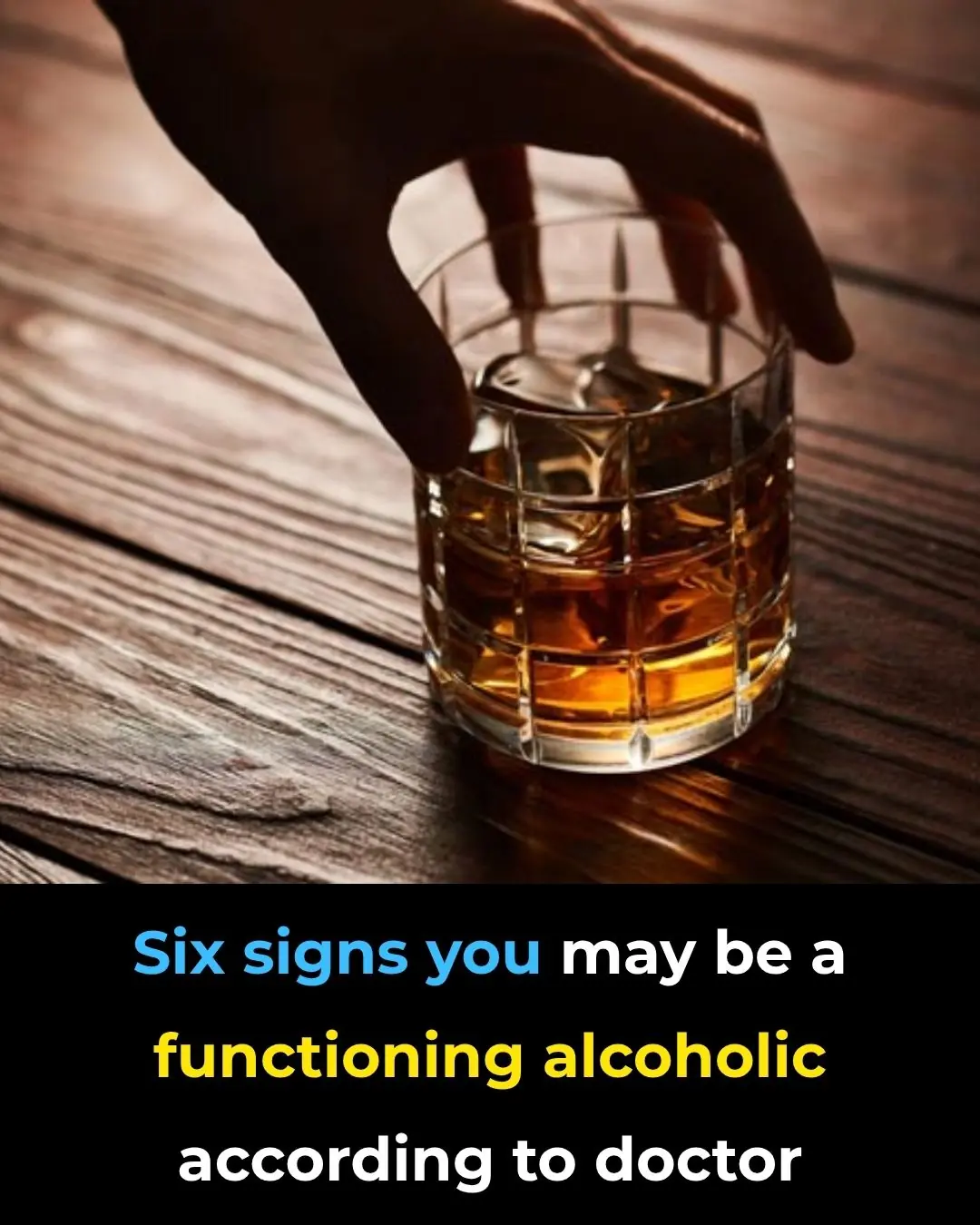
Six signs you may be a functioning alcoholic according to doctor

Pineapple Water: A Refreshing Drink That Supports Your Health

The Silent Threat: Recognizing Early Signs of Kidney Disease and Lifestyle Prevention

A Heartwarming Encounter: A Child’s Innocence and the Power of Love.

The Stranger Who Stopped: How One Man’s Compassion Saved a Life on a Busy Georgia Road

Baking Soda (Bicarbonate of Soda): Uses and Benefits (Science Based)
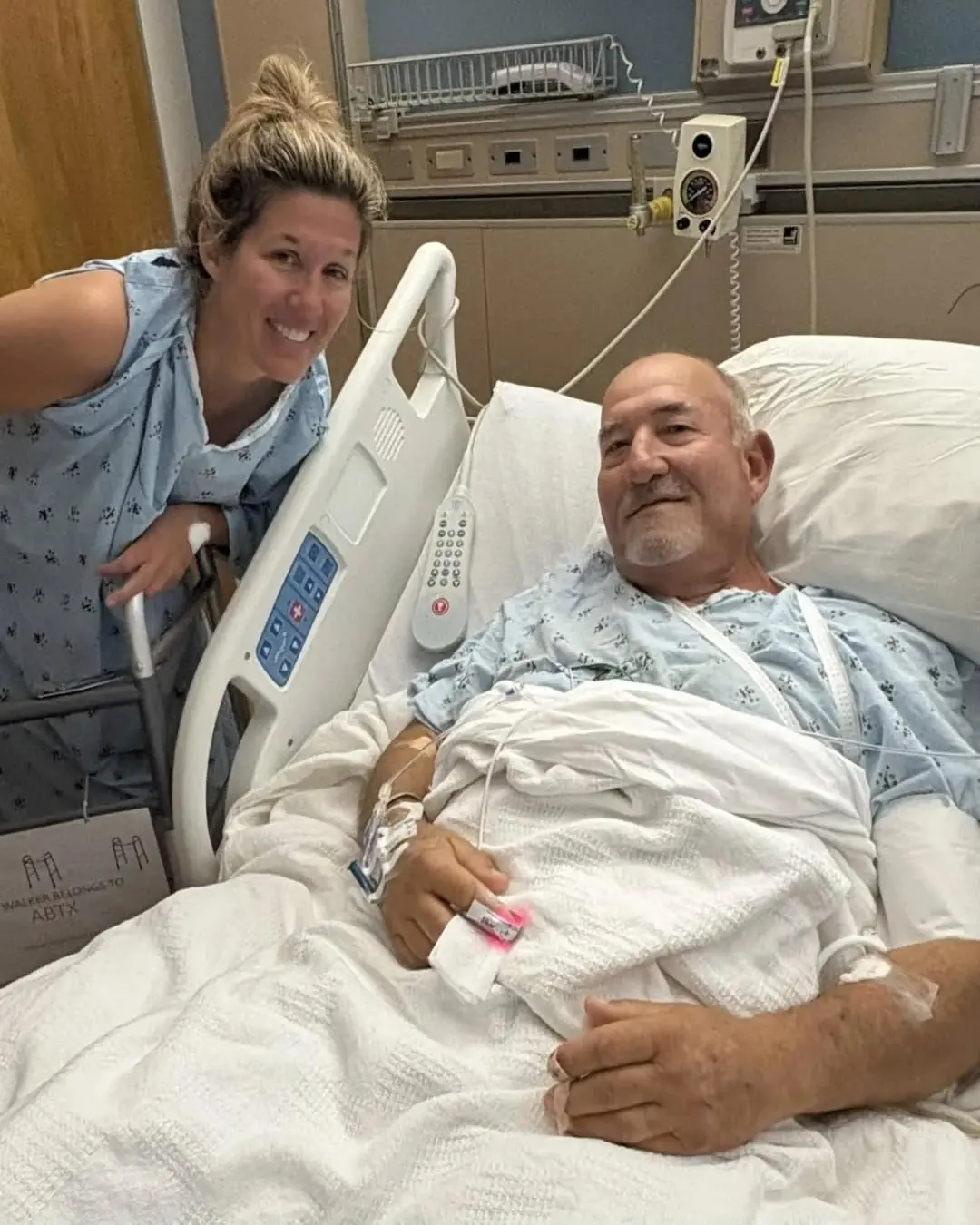
A Father’s Day Gift Like No Other: A Daughter’s Kidney, A Father’s Second Chance

Benefits of Walking: Why Walking is One of the Best Forms of Exercise 🚶♀️

Maliyah’s Fight: A Fifteen-Year-Old Cheerleader Battling Stage 4 Cancer With Courage and Faith

No Cake, No Balloons: A Firefighter’s Quiet Birthday of Purpose and Service

Orangutan Secretly Watches Over Woman During Jungle Survival Challenge

“The Stranger on a Plane: How One Man’s Kindness Gave a Mother the Gift of Rest”
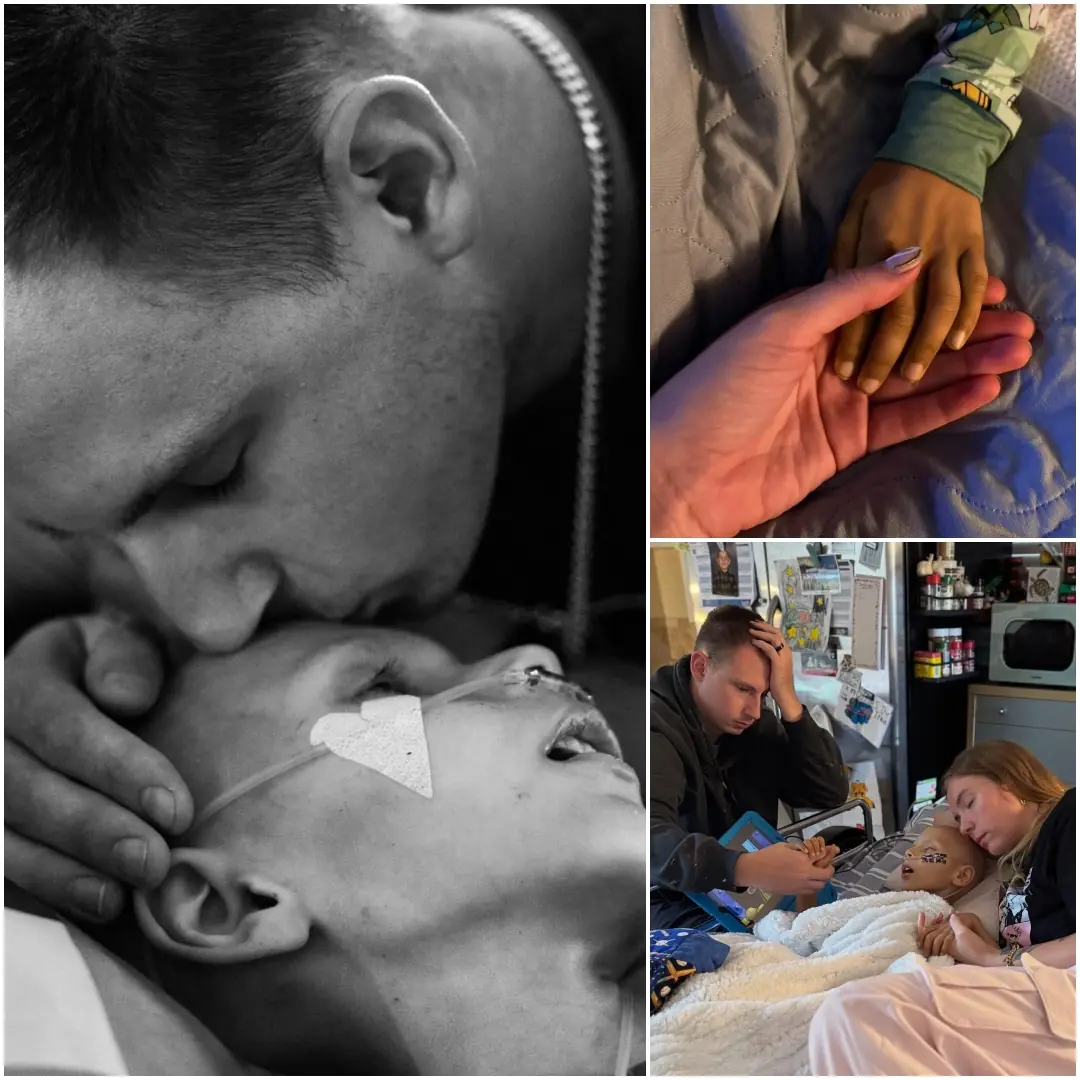
A Little Fighter’s Final Victory: Remembering Bryson’s 1,027-Day Battle

A Match Made in Dog Heaven: A Toddler and Her Puppy Who Share a Special Bond
